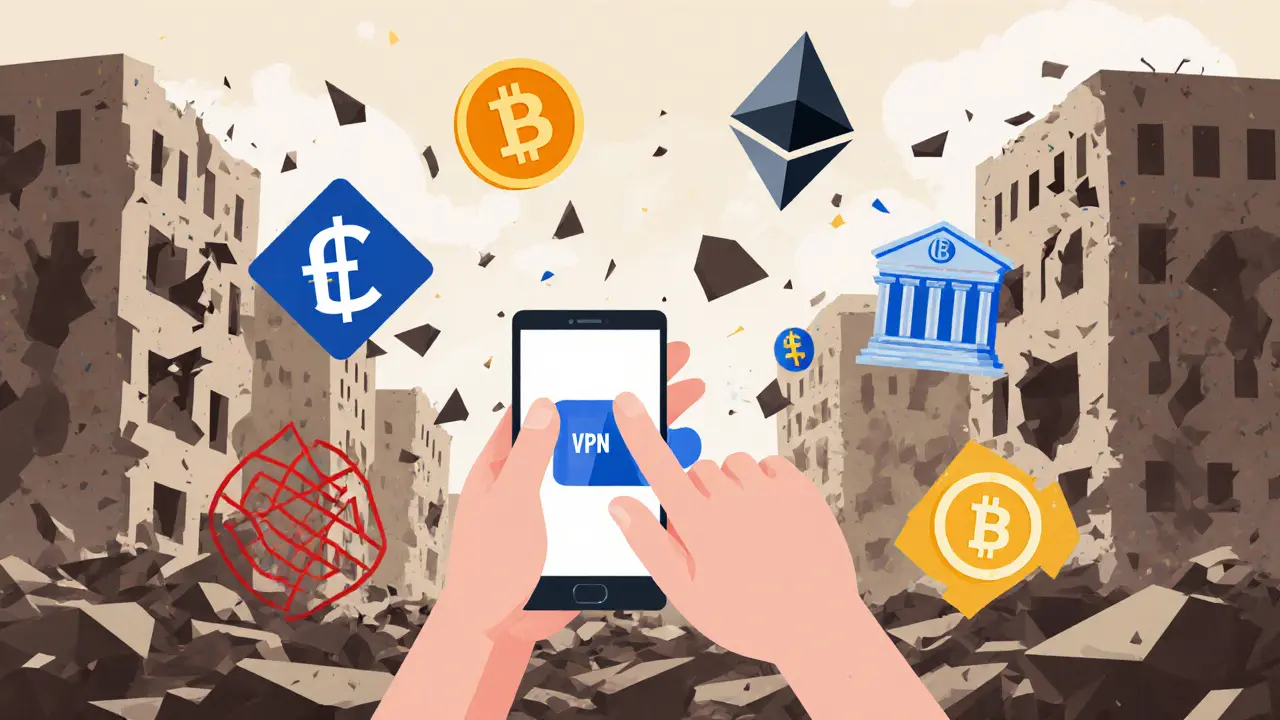Sanctioned Countries and Crypto: What You Can and Can't Do
When we talk about sanctioned countries, nations restricted by international bodies like the UN, US Treasury, or EU for political, military, or financial reasons. Also known as restricted jurisdictions, these are places where governments limit financial access—including crypto transactions—to pressure regimes or prevent money laundering. It’s not about banning crypto outright—it’s about controlling who can use it, how, and under what conditions.
Some countries, like Russia, a nation under heavy Western sanctions since 2022, don’t ban crypto itself but shut down exchanges that don’t comply with local rules. Garantex and Grinex were closed for helping users bypass sanctions. Meanwhile, China, which outlawed all crypto mining in 2025 and restricts exchange operations, treats crypto as a financial risk, not a currency. Then there’s Bangladesh, where rumors of 12-year prison sentences for trading crypto are widespread, but no such law exists—enforcement is rare and based on old financial crime statutes.
Other places, like Bolivia, which lifted its crypto ban in 2024 but now tightly regulates trading, and Nepal, where crypto has been illegal since 2017 but thrives underground through P2P apps and VPNs, show how bans don’t always stop usage. In Turkey, the central bank blocks crypto payments but allows trading, while South Korea, with its four licensed exchanges and 20% tax on profits, sets the gold standard for strict but legal compliance.
Even energy policies tie in. Sweden is pushing miners out not because of sanctions, but because crypto mining uses too much power—showing how environmental rules can act like de facto bans. Meanwhile, Mexico and Taiwan have clear tax and licensing systems, proving you don’t need to ban crypto to control it.
What you’ll find below isn’t just a list of banned places. It’s real stories: how people in Bangladesh trade without getting arrested, why Russian users switched to BestChange after Garantex vanished, how Nepal’s underground market survives despite the ban, and why the HAI and NAMA airdrops you heard about were never real—just scams targeting people in restricted regions desperate for crypto access. These aren’t theoretical rules. They’re lived experiences. And they’re changing how crypto works in the real world.
How Citizens in Sanctioned Countries Access Crypto Exchanges
Citizens in sanctioned countries use Bitcoin, Ethereum, and decentralized stablecoins to bypass financial restrictions. Despite OFAC crackdowns, they adapt with DEXs, P2P trading, and wallet rotation to keep access to global finance.
learn more